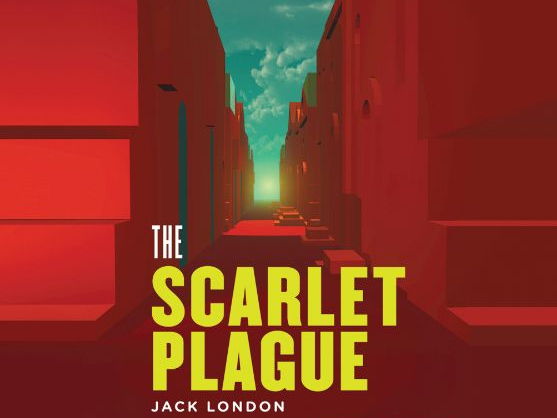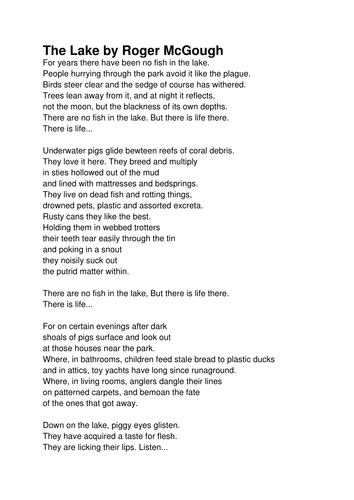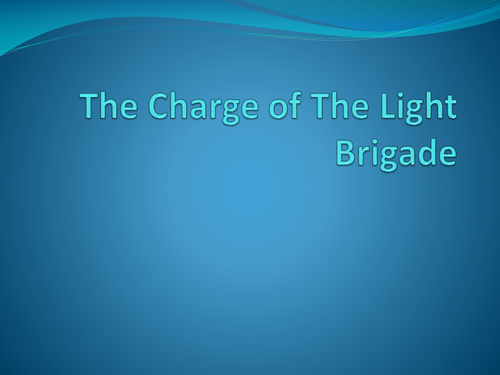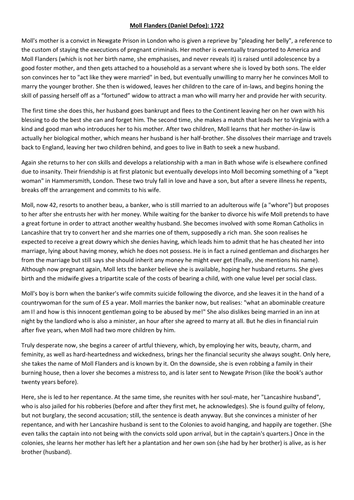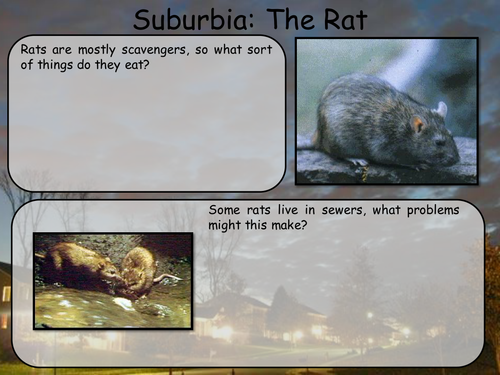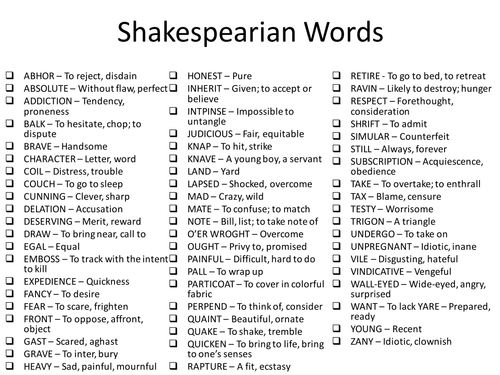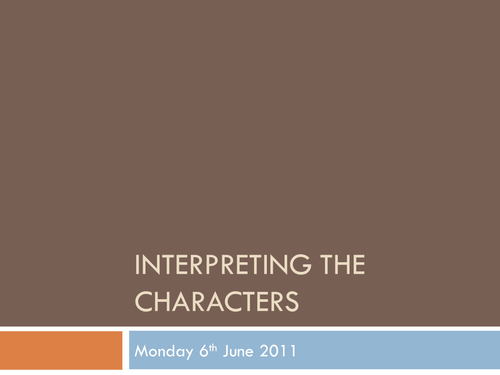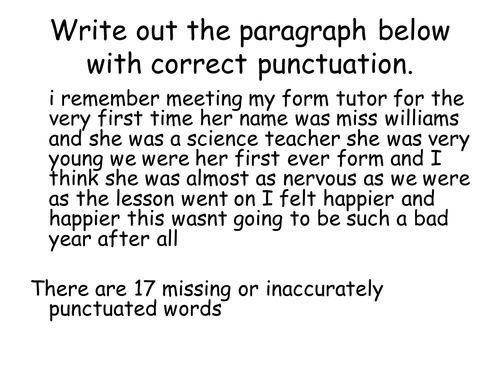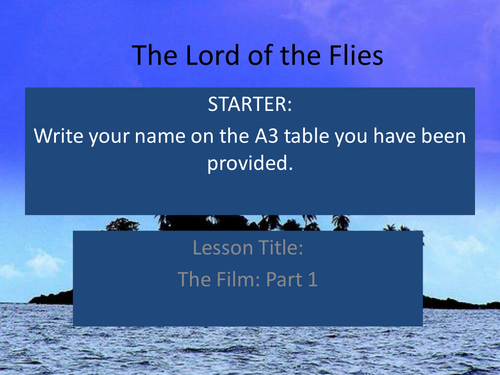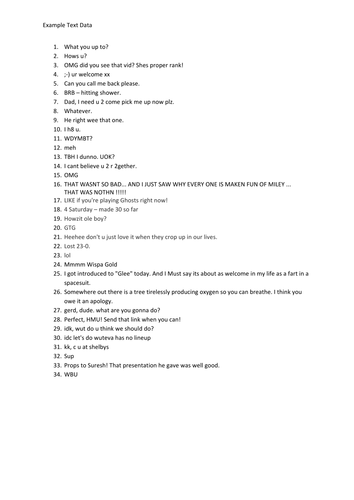
228Uploads
550k+Views
1367k+Downloads
All resources
Sale

AQA English Language Paper 1 Revision lesson: The Scarlet Plague
So my school got a-hold of some exams for purposes of our year 11s sitting mock exams. This is the lesson I am using to teach the little so-and-sos what went wrong and how to fix it. For this lesson to have relevance, you will needed to have had your students sit the actual exam. Saying that, you could probably get away with photocopying the extract and running it as a walking-talking mock (say that's not a bad idea...).
This lesson is simple: it goes through each question in order and identifies some general common errors made in the students' answers, some paraphrased student responses are included as discussion points (just a quick one, when I say that the response comes from an answer that got X amount of marks, I am awarding that mark to a complete answers, not the section I have chosen to show) and finally some specific areas of focus. You have enough for about 4-5 lessons here, depending on how much you focus on the larger questions.
Enjoy.
Sale

AQA English Language Paper 1: Brighton Rock
A deconstruction of the English Language Paper 1 examination that uses Brighton Rock as a source. I’ve lifted the model material from the mark schemes and there’s FAR related targets included. Essentially, this is a lesson that can be taught either AFTER the students have sat the exam and you want them to peer/self assess, or you could change it so that that they answer a question and then mark their efforts.
The Section B element is a bit of an experiment - peer marking creative writing is always a challenge. So I’ve given the students a series of yes/not/some related questions. The idea is that they “tick” the level next to the answer on a copy of the AO5 and AO6 mark schemes. Using that, they should be better able to work out where the creative writing fits. My peer marked creative writing has got much more accurate as a result of this.
Sale

Debate Boxing
This is quite possibly, the coolest thing I've ever tried out. The premise is as follows: a debate between two students (or teams) where four referees observe. The referees score what they see and a winner is announced at the end.
Now add in entrance music a la pro-wrestlers (think the Rocky Theme, We Will Rock You etc.) and run it on an open evening and I promise you this - you will have EVERY parent in at some point to see what is going on.
I've run this at SIX parents evenings now and the same thing happens every time - all of the kids rock up to watch. I set it last time round where the Deputy Head took on the winner of the students (a year 9 girl). They packed the place out to see who won . The debate topic "Batman vs Superman" (serious stuff this). Needless to say, she wiped the floor with him (in a totally professional way).
You'll need to be the promoter/commentator/ring side referee - this can be exhilarating and exhausting!
Try it.
Sale

AQA English Language Data Collation Spreadsheet aka "The Machine"
Attached is a spreadsheet that does an awful lot of work for you. To summarise, it does the following:
Allows for easy collation of GCSE Language marks on a paper by paper basis AND as a whole examination
Allows for easy identification of various student demagraphics - EAL, PP and so on
Allows you to measure progress against students best, average and last marks across both papers
Works out "how many marks" until you hit target grades for individual students
Colour codes grades and marks to allow for at a glance progress checks
Once you buy this spreadsheet, you will not need to get another LANGUAGE spreadsheet. The document contains instructions on the ARRAY tab as to how to update .
Oh, and if you do get this, I suggest you LOCK the individual spreadsheets ASAP: the document is set up to allow you to do this and still enter the data, you just won't be able to accidentally delete any of the coding, thus removing any brain overloads that might ensue.
I am using this at my current school and there are several other schools who are using this system with good reports.
Happy spread-sheeting!
PS - Yes, there is a page that reads exactly the same but for a version that caters for the AQA Literature course. The spreadsheets are different. Here's the link/address to the LITERATURE version:
https://www.tes.com/teaching-resource/aqa-english-literature-data-collation-spreadsheet-aka-the-machine-11405407
Sale

AQA English Literature Data Collation Spreadsheet aka "The Machine"
Attached is a spreadsheet that does an awful lot of work for you. To summarise, it does the following:
Allows for easy collation of GCSE Literature marks on a paper by paper basis AND as a whole examination
Allows for easy identification of various student demagraphics - EAL, PP and so on
Allows you to measure progress against students best, average and last marks across both papers
Works out "how many marks" until you hit target grades for individual students
Colour codes grades and marks to allow for at a glance progress checks
Once you buy this spreadsheet, you will not need to get another LITERATURE spreadsheet. The document contains instructions as to how to update the spreadsheet.
Oh, and if you do get this, I suggest you LOCK the individual spreadsheets ASAP: the document is set up to allow you to do this and still enter the data, you just won't be able to accidentally delete any of the coding, thus removing any brain overloads that might ensue.
Happy spread-sheeting!
Sale

KS3: Introduction to Pre-1914 texts
A useful little unit that we put together to fill a 2/3 week gap. It has the students explore pre-1914 material - poetry and prose - and ends with a controlled assessment in the vein of the old AQA English style questions for the Literature paper.
Might fill some other gaps out there in shorter half terms.
Sale

KS4: Room 202 Speaking and Listening Presentations, Debates and Discussions
3 Lessons taken from the old(er) version of the AQA English Language specification (the one where S&L counted towards the grades).
I know it counts for nothing now, but it still needs to be done. These three lessons prepare a class to give a presentation OR take part in a discussion about a selected item they would save from the imaginatively named Room 202.
Enjoy.
Sale

Quick Lesson POETRY - Roger McGough "The Lake"
Need a quick lesson? Look no further. A whole lesson based around Roger McGough's "The Lake" - I know it can be found online elsewhere, but I include it here for convenience's sake. Perfect for when you need to fill that irritating cover lesson with something meaningful.
Bundle Sale

English Data Collation Special
Quite simply, the spreadsheets in here will allow you to track every single year group in Key Stage 3 and 4. The focus will be on preparation for the AQA English GCSE examinations.
Sale

Exploring Emotions
A unit of work I put together whilst working inside a secondary school's behavioural unit. The idea was that these lessons would develop the students ability to apply a vocabulary to emotions that they may struggle to recognise, feel, express or talk about in themselves and others. By helping them with this vocabulary, the theory was that they would be better able to reintegrate into the school environment and stay there.
It had mixed results, some students showed improvements, others less so. Either way, someone out there will hopefully find this useful.
The materials cover the following topics:
Feeling Afraid
Feeling Angry
Feeling Ashamed
Feeling Bored
Feeling Happy
Feeling Helpless
Feeling Lonely
Feeling Loved
Feeling Sad
Each "feeling" has an associated wordsearch and accompanying answer sheet. Most of these also have a whole lesson attached to them - there are some anomalies.
You'll need a copy of the AQA Sunlight on the Grass anthology story "Compass and Torch" too.
Some feedback would be useful folks. I've moved away from this type of work but would like to return to it - be nice to know if my ideas have worked elsewhere.

KS4: Shakespeare and Conflict Poems: CONFLICT
Focused on the Shakespearean text vs the Conflict Poetry from the literary heritage. Very structured against the bands and pointed towards the controlled assessment.

Midsummers Nights Dream S&L Resource Kit
I did this as an end of year task with my Year 7's. Essentially it is putting on a puppet show of Pyramus and Thisbe, the idea being that the students tell a modern version but using elements of Shakespearean language. Set up for SLAF 3 but easy enough to alter for SLAF 1 and 2.

Neo-Classical prose, poem and play
A worksheet on a poem, play and piece of prose from the Neo-Classical era. The questions are to check understanding and encourage thoughtful study of the era.
I would appreciate feedback.

Environment: Suburbia
Two worksheets on the suburban habitats. One looking at the environments, one looking at adaption of rats and foxes.

GCSE SECTION A Q5: Comparative Response
I made this sheet after marking a load of mock exam papers and getting frustrated at the inability of some foundation students to compare effectively. Oh yes, this is meant to be printed on A3 paper too!
I have had success with foundation groups in terms of getting them to structure their responses.

Year 10/11 S&L: Drama Romeo & Juliet
Have had major success with this activity with a low ability Year 11 group. Concept is centered around 'A Tavern in Verona' and deals with events after the finish of the play. Students create and develop their own character. I have had un-confident and uncooperative students sustain their identified roles for 20 minutes with a video camera in their faces. Give it a whirl...

Twelfth Night: Interpreting Characters Powerpoint
A complete powerpoint lesson exploring the way in which students can interpret the characterisation evident in Twelfth Night by William Shakespeare.

First Day Feelings
Linked to the Roald Dahl 'Boy' SoW. I used these powerpoints and worksheets to differentiate for a very large middle set year 7 group. Reasonable success - the worksheets allows the top end to focus on their own development, leaving me to focus on those who were really struggling.

Lord of the Flies: Stage Two - Film
These lessons are to be ran in tandem with watching the 1963 versions of the film (not the modern version - the pilot is still alive!). You can insert these two lessons at any point in the SoW.

GCSE Spoken Language MultiModal Communication Pack
Another experiment with mixed success. Attempted with a particularly apathetic bottom set year 10 group and got some decent Band 3s - I felt they left a lot out on the field so to speak. There is a lot of scope for taking this idea and developing it - if Gove leaves off the specification (unlikely) I will be coming back for a second crack at this. If not, I will modify it for a KS3 scheme in the future. Happy trails.

